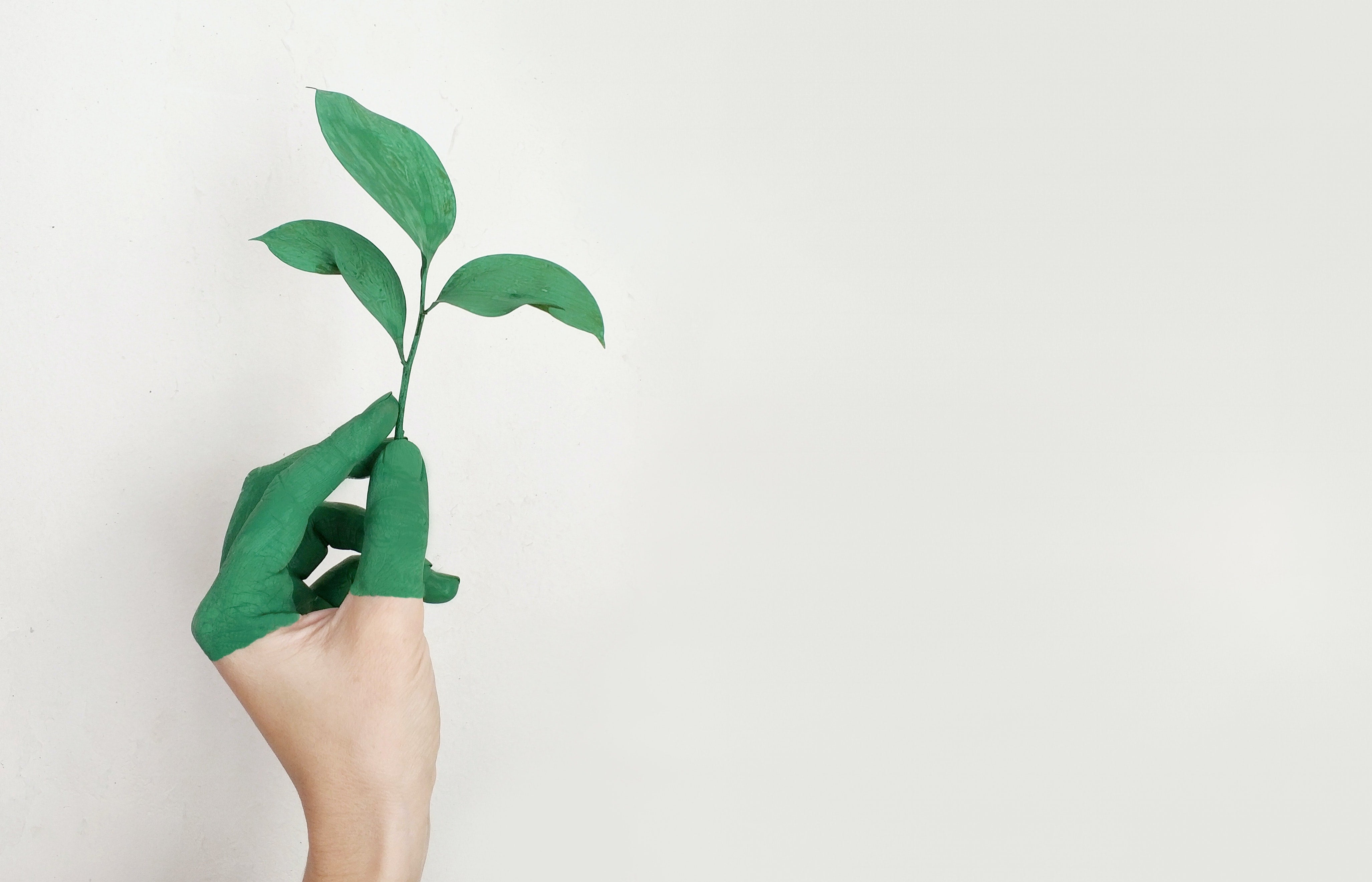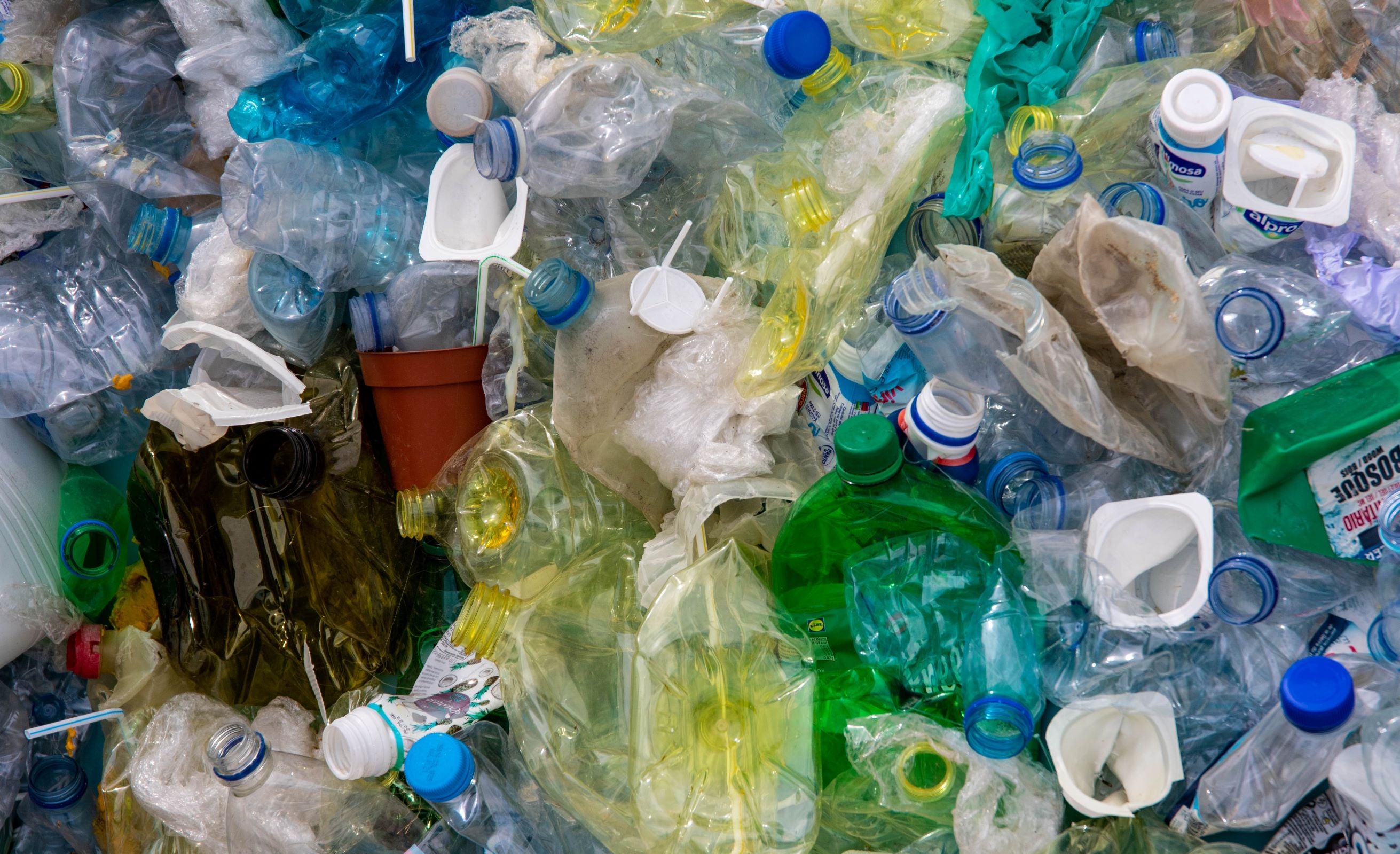With consumers increasingly scrutinising the sustainability of their purchases, it’s more important than ever for brands to make a clear commitment to the planet and its welfare.
The number of people who have adopted a more sustainable lifestyle has increased sharply since last year, according to market research by Deloitte.
More consumers are also being proactive in their pursuit of a sustainable lifestyle, choosing brands with ethical and sustainable practices and values.

It’s not enough for a business to say they care about the environment: they must show it. As the old saying goes, actions speak louder than words.
Recent research found a major disconnect between the views of senior retail leaders and consumers when it comes to sustainability, with the consumer largely driving the push towards more ethical practices.
Taking responsibility
Companies need to take a responsible attitude towards the legacy they leave for future generations.
The United Nations defines corporate sustainability as ‘a company’s delivery of long-term value in financial, environmental, social and ethical terms.’
This means brands need to make sure that profit does not come before its values.
Here at Misona, sustainability has always been central to our mission.
Through producing high quality and sustainable homewares, we hope to reduce waste and water consumption and ensure that all our customers can feel good about their purchases.
Here are three important steps brands must take to demonstrate their commitment to tackling climate change and protecting our planet.
Waste not, want not
Plastic waste is one of the major global challenges we face.
With the world producing twice as much plastic waste as two decades ago, businesses have a duty to make sure that they are using sustainable alternatives to plastic whenever possible to ensure environmental sustainability.

That’s why Misona use no plastic in the production of our eco-friendly home products.
We also aim to be completely plastic free by 2025 and always working to reduce our carbon footprint as well as implementing sustainable business practices to ensure we are doing our bit where we can.
We are trying to making a positive difference where we know how, within our own industry, where we have over three decades of experience.
Be wary of greenwashing
However, it’s also important to make sure that you pick your plastic alternatives carefully.
With so many companies vying for the attention of consumers, it becomes hard for customers to know what is really sustainable and what is just ‘greenwashing’.
The Cambridge English Dictionary defines greenwashing as making people believe that your company is doing more to protect the environment than it really is.
One high profile example of this is when McDonald's removed the plastic from their straws – which was recyclable - only to replace it with paper that turned out not to be recyclable.

According to the BBC, the restaurant chain uses 1.8 million straws every day, so the move to paper was a significant step in helping to reduce single-use plastic waste.
But in order to make the paper straws a viable alternative to plastic, they had to be too thick to be easily processed for recycling.
As a result, McDonald's was faced with over 57,000 customers signing a petition calling for a reversal of the move away from plastic.
Quality not quantity
It’s not enough for products to be made out of sustainable materials if they need replacing all the time or are single use.
Creating products that are made to last is crucial if we want to reduce our consumption and impact on the planet.
Companies worldwide must ensure that the materials they use can stand the test of time, ensuring that customers do not have to buy more than they need and that their money is well spent.
Consumer habits are changing to meet challenges
Research from Deloitte reveals that fewer choices and opportunities due to the impact of inflation and supply chain disruptions in 2022 mean that consumers are finding more out of the box ways to spend less, such as adopting more sustainable lifestyles and choosing goods that are more durable or that can be reused easily.
This thriftiness may become a more permanent feature as economic uncertainty continues and cost prices rise in the coming years, so consumers need to know that their purchases provide quality and durability.
Our organic cotton towels at Misona are built to last, with the highest quality sustainable materials going into each product.

Because our towels are anti-fungal, anti-bacterial and odour free, they don’t need to be washed as often – which significantly improves their lifespan.
This means that our easy dry towels will last longer than conventional towels, and customers will be reassured that they will not have to waste water to keep them fresh.
It also guarantees that you won't be spending money replacing these towels in no time; they are made to last.
It starts with culture
Ultimately, for a business to truly embrace sustainability, it has to become part of their culture.
Business leaders and management should help staff understand why corporate sustainability is so important and make changes to ensure the company runs with as little impact to the planet as possible.
Sustainability must start at the top: your business’ leadership team needs to lead by example, showing employees that your brand favours long term value over short term success.

The welfare of the planet needs to be at the heart of a companies’ decision making.
Sustainability has a role to play in every choice, from how you make your products to how you send them to customers.
So, what can businesses do?
Here are a few things to consider if you have a business of your own:
- Could your staff work from home more often or be encouraged to cycle to work?
- Are all lights and electronic devices in the office turned off at the end of the day?
- Do you still rely on paper records, or could your business go digital?
- Does your company carry out sustainability reporting to stakeholders or partners on its environmental goals and progress?
- Have you developed a net zero strategy for your brand or can you look at renewable energy or clean energy alternatives?
- Do you encourage your suppliers to adopt eco-friendly practices and are your supply chains sustainable?
- Is senior management leading by example on sustainability?
- Could you offer initiatives and incentives for your staff to encourage sustainable business practices within the workplace?
When faced with the scale of the environmental crisis, it can be difficult to understand that even small changes play an important part in tackling such a big problem.
We may not have all of the solutions, but by being committed to making a difference, we can have our own impact, even if it is just small in the grand scheme of things.
Small businesses can play their part too
It may feel like big brands get all the attention for their sweeping sustainability strategies, but small value-led brands are crucial in the fight for a more sustainable future.
At Misona, we understand that every choice we make matters when it comes to protecting the planet.

That’s why customers can trust that when they buy eco-friendly home products from us, they are helping to be part of the solution.
And even if you are in the process of brand building, you can make sure that the business you want to run implements sustainable development goals so that you can focus on becoming a company with recognition for being eco-friendly too.

